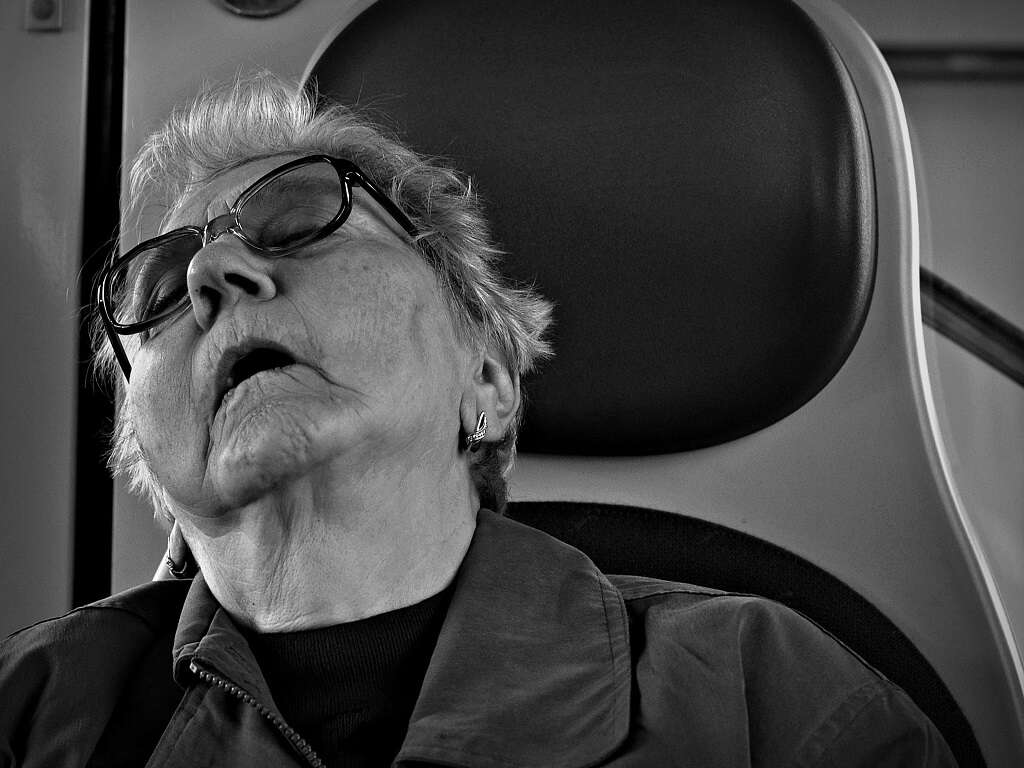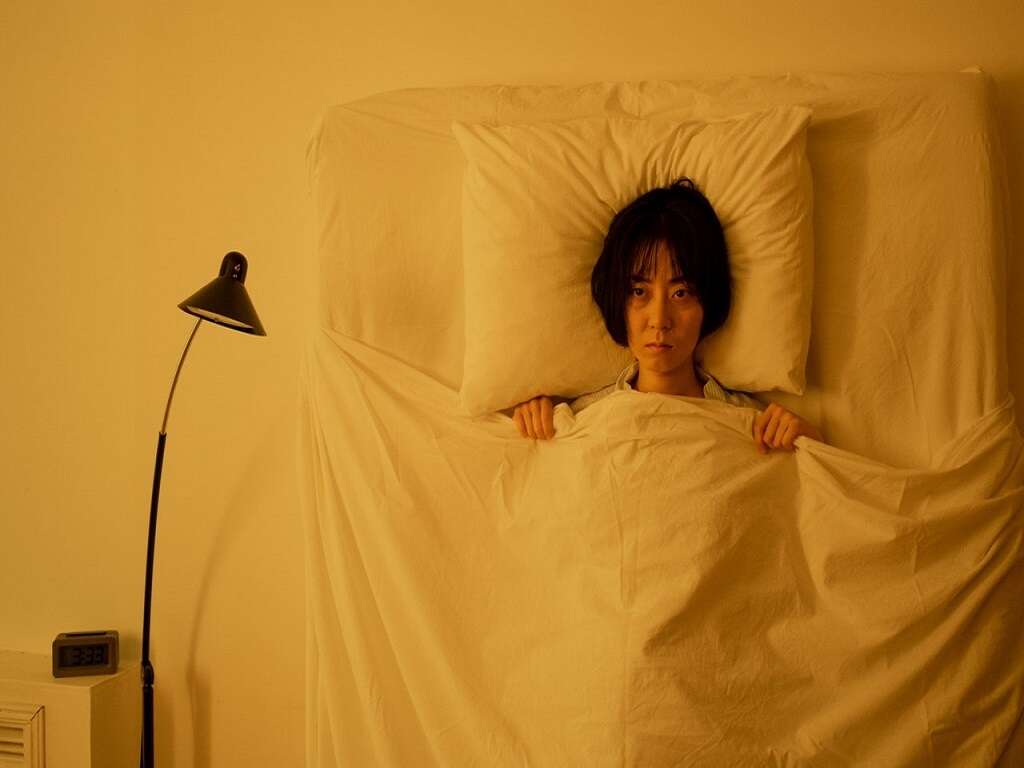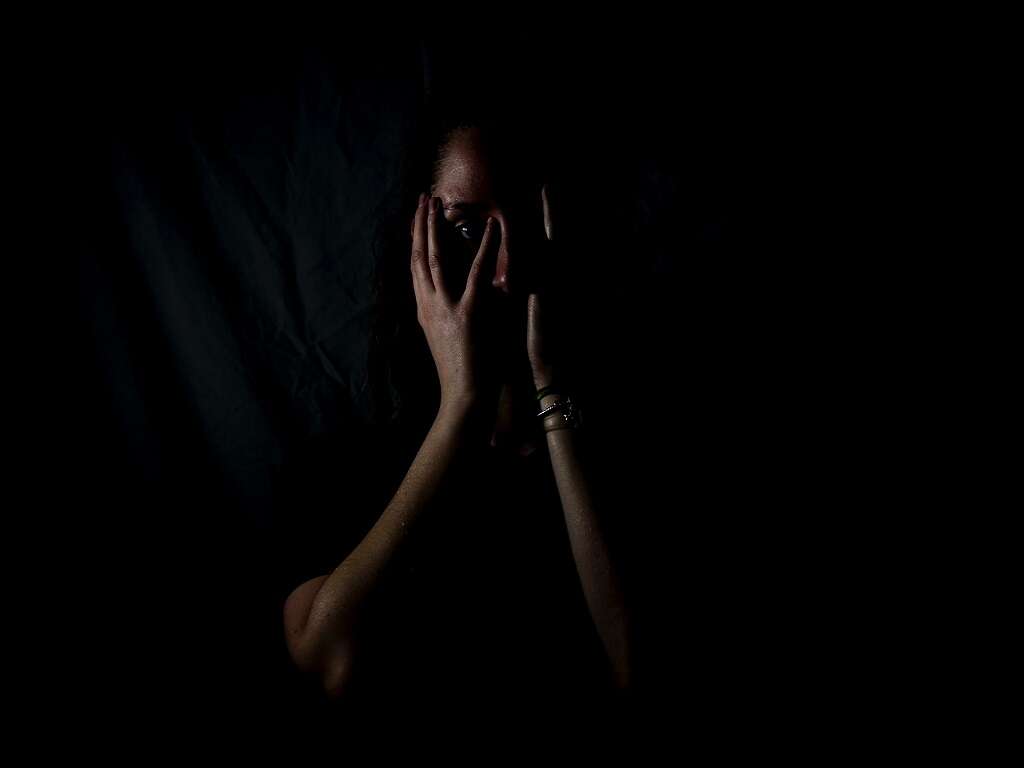10 Causes of Night Sweats In Men
5. Human Immunodeficiency Virus (HIV)
Several infections are associated with night sweats. However, as stated, night sweats can have many other possible causes. The Human Immunodeficiency Virus, also known as HIV, is a virus that targets the body’s immune system. Specifically, it attacks certain immune cells (lymphocytes) that usually help the body to fight infections. As a result, a person with this condition is more vulnerable to other infections and diseases. Moreover, HIV is transmitted through certain bodily fluids during activities such as unprotected intercourse and the sharing of drug injection equipment. If you think that you were exposed to HIV, request an HIV test immediately.
During the acute phase of infection or within 2-4 weeks after acquiring the disease, some people can experience a flu-like illness that involves signs and symptoms such as fever, chills, night sweats, fatigue, swollen lymph nodes, and muscle aches. However, some people might not experience symptoms at all during this phase. If untreated, HIV can rapidly progress to a life-threatening stage of the infection, also known as acquired immunodeficiency syndrome (AIDS). During this phase, profuse night sweats along with other unspecific signs and symptoms may also be present (i.e. recurrent fever, extreme fatigue, oral/ genital sores, swollen lymph nodes). Importantly, manifestations in AIDS may be related to other illnesses or opportunistic infections.
Advertisement











